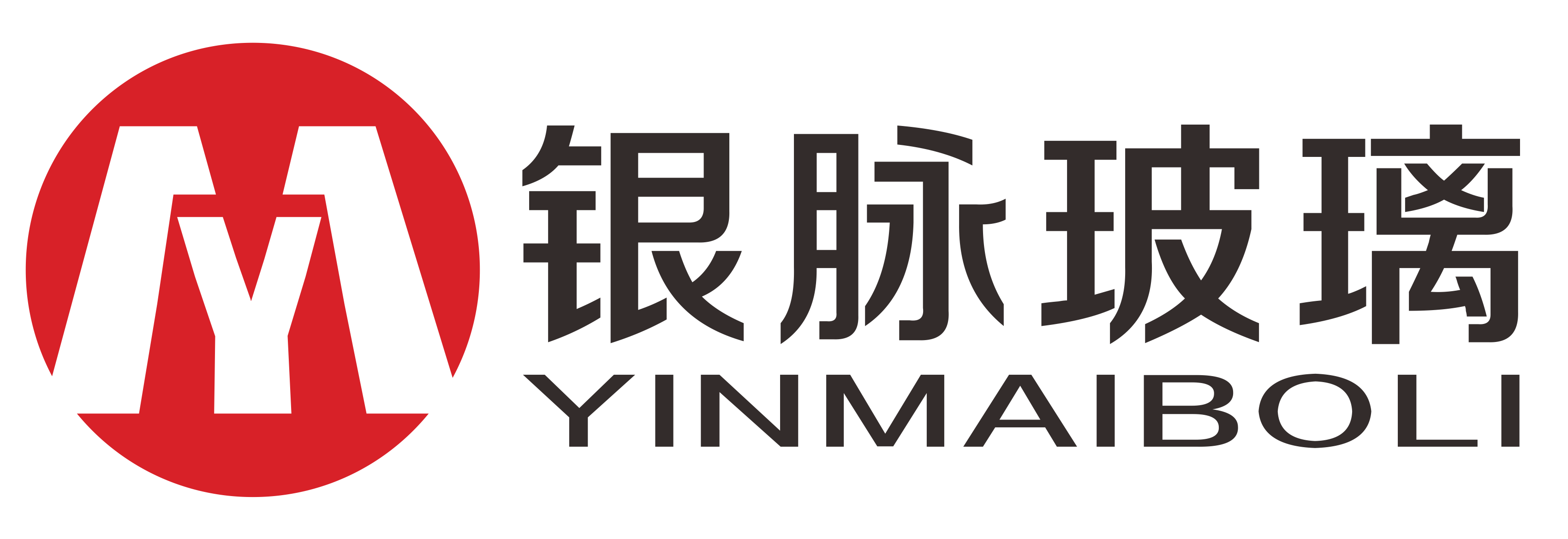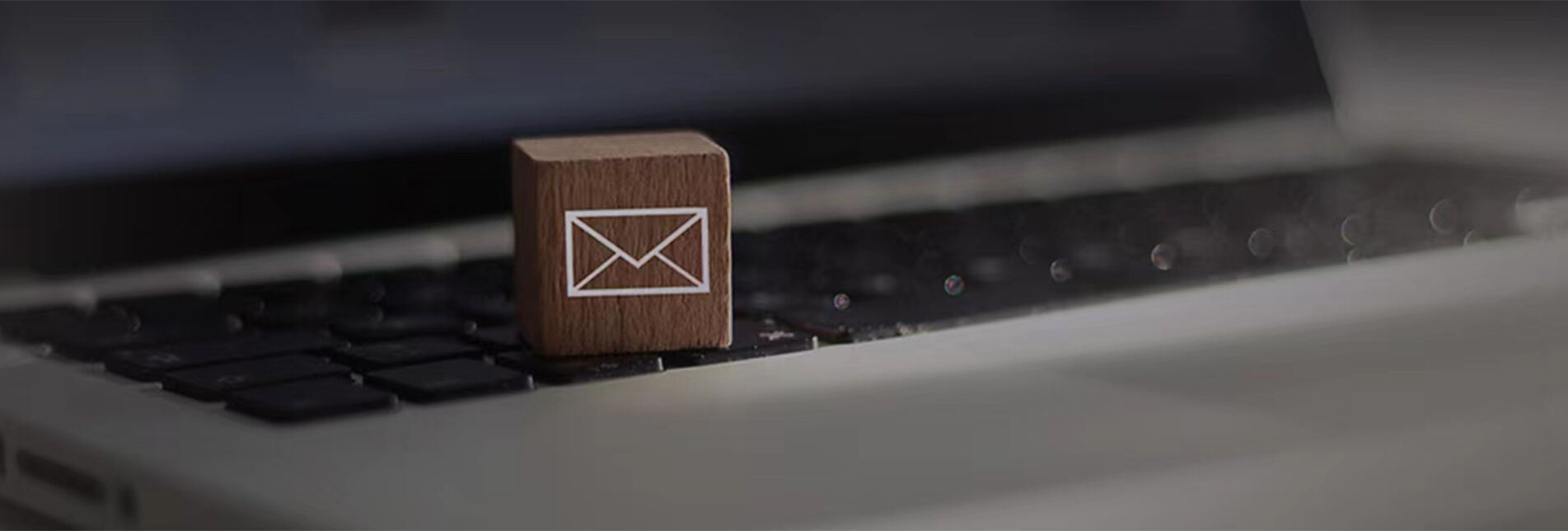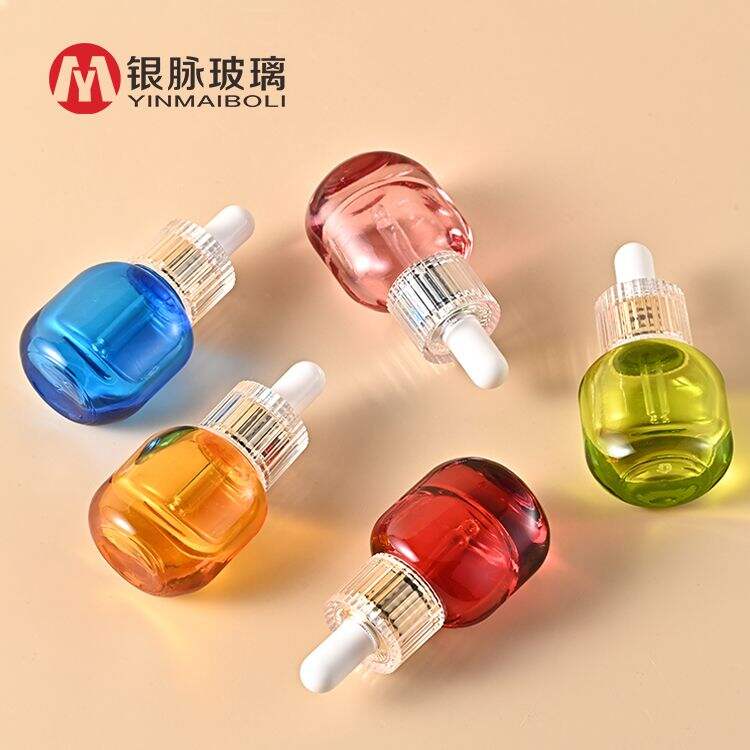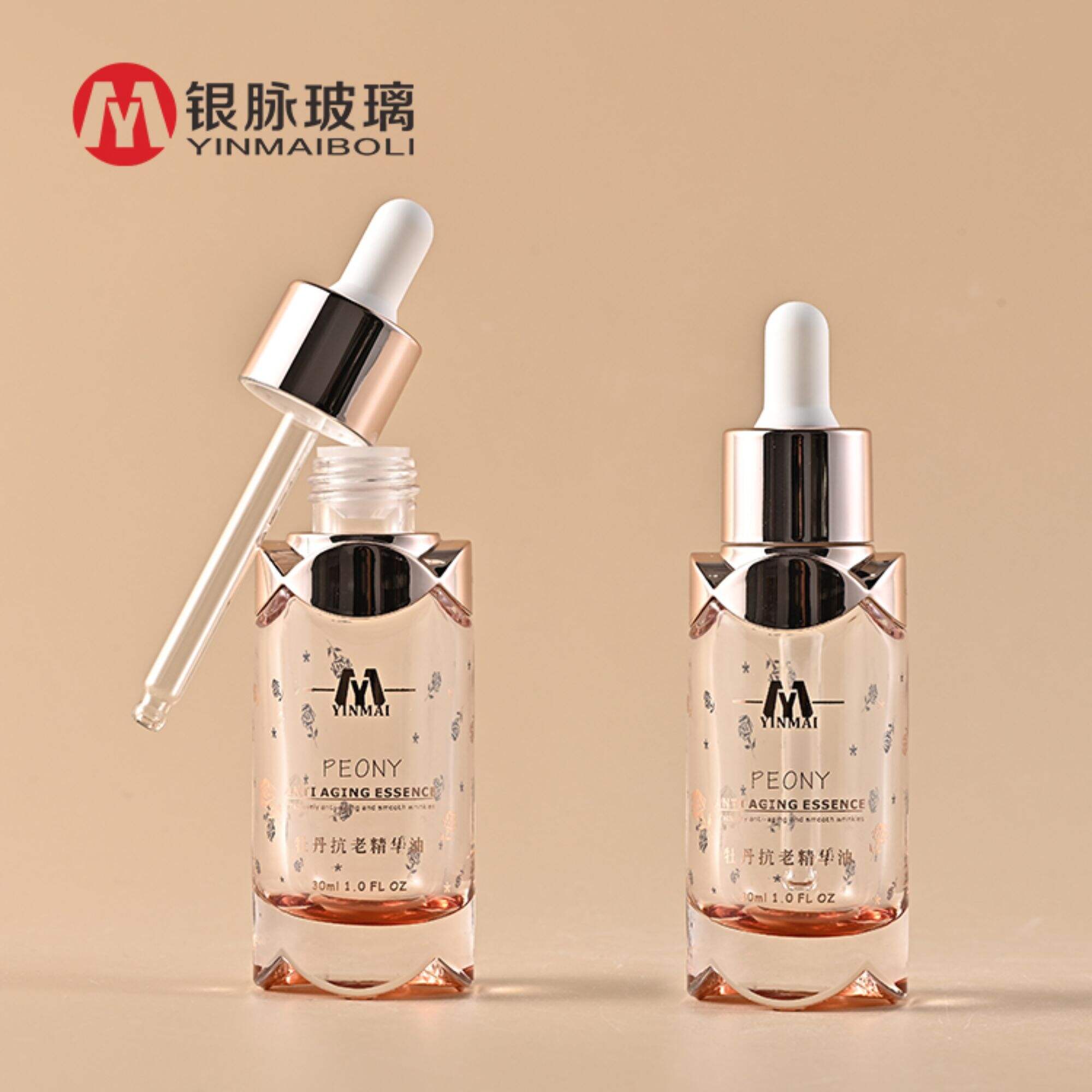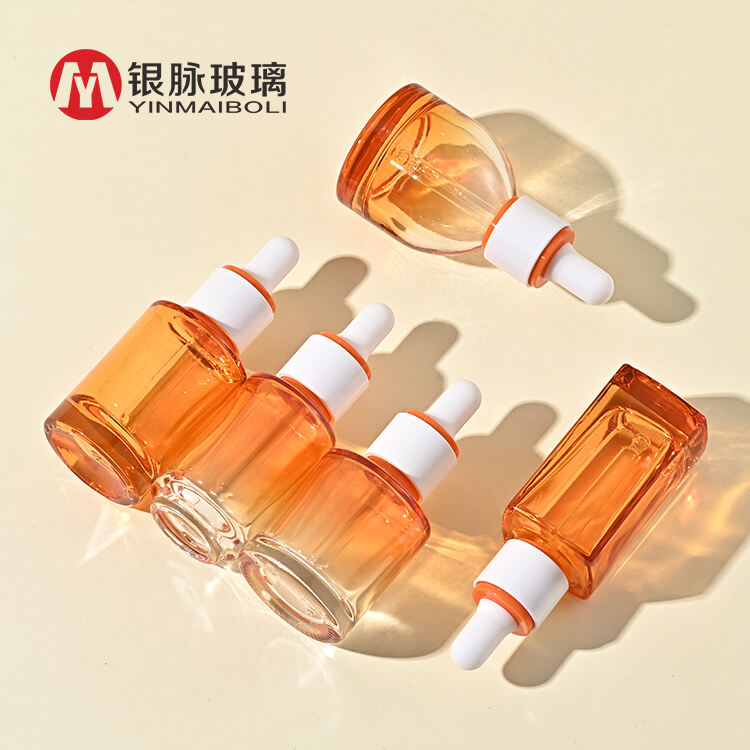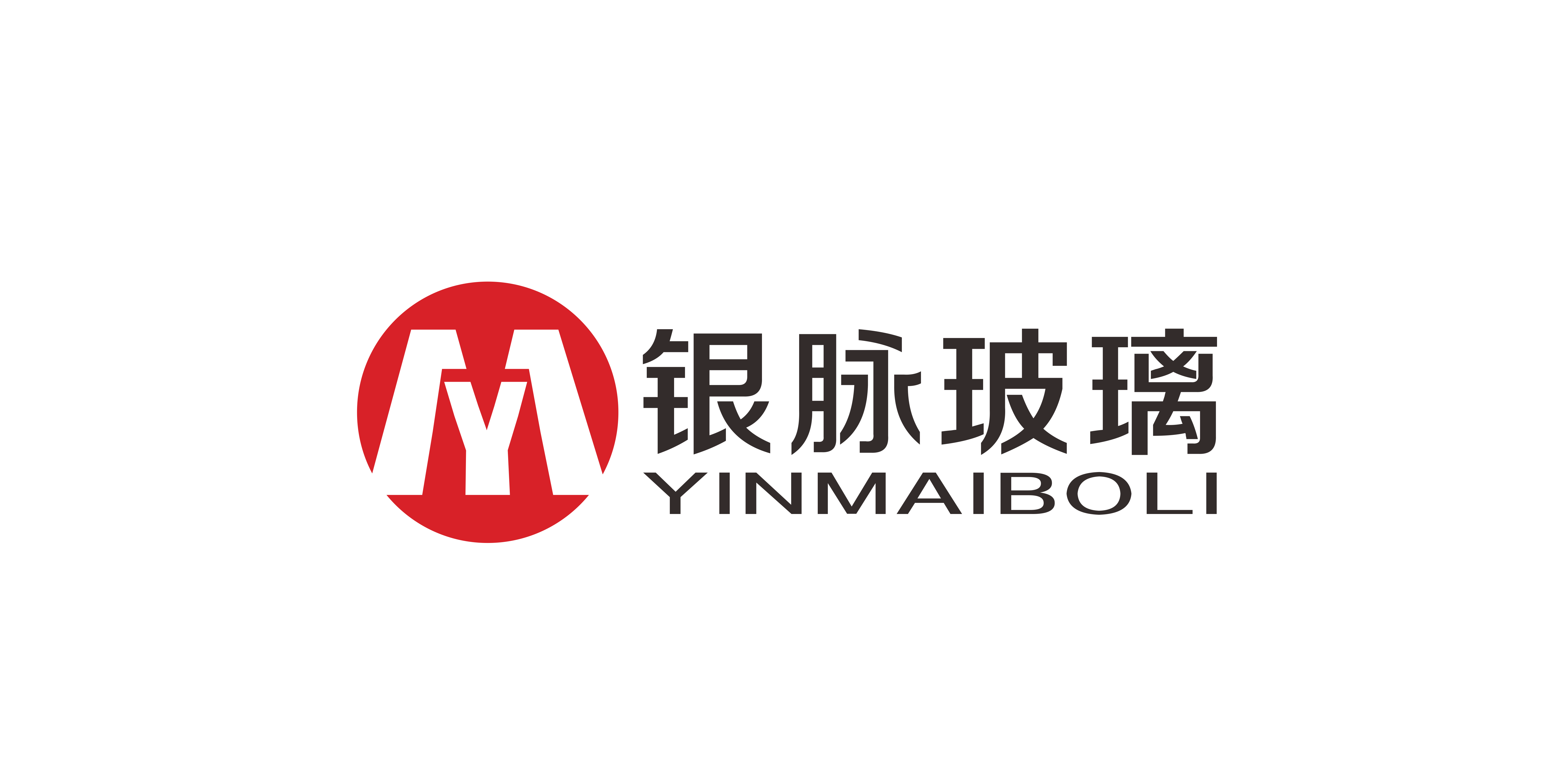Serum Glass Bottle Production: Scaling Capacity for High-Volume Orders
Challenges in High-Volume Serum Glass Bottle Production
Balancing Speed and Precision in Manufacturing
Getting the right balance between how fast things are made and how precise they need to be matters a lot when producing those high quality serum glass bottles. The faster companies try to crank out these bottles in large quantities, the more likely they are going to end up with flawed products. Small mistakes during manufacturing really do matter because even tiny imperfections can weaken the whole bottle structure. That's why most serious manufacturers put quality checks at the top of their priority list. A good approach here involves something called Statistical Process Control or SPC for short. With this method, factories track what's happening on the production line using live data feeds. This helps catch problems early before they turn into actual defects in the finished product.
A few businesses actually got pretty good at finding that sweet spot between speed and quality by getting creative with their methods. Take automation tech for example it really helps keep production numbers up while still delivering solid results. Machines just don't make mistakes like people sometimes do, plus they can work with much greater accuracy. This makes everything run smoother overall when trying to hit those daily quotas without compromising on what comes out at the end. Look at glass bottle factories specifically. They've been integrating automated systems into their processes over recent years, which shows manufacturers figuring out ways to crank things up without messing with the final product quality. The glass stays clear, the shapes stay consistent, even as production speeds go through the roof.
Managing Raw Material Demands for Bulk Orders
Getting a handle on how supply chains work matters a lot when dealing with raw materials for large orders of serum glass bottles. Demand tends to go up and down all the time, which means suppliers might run short or prices could spike unexpectedly. When manufacturers take a close look at different supply chain setups, they get better at figuring out exactly when materials will arrive and just how many they need for each batch. Good forecasting tools paired with smart inventory management help companies avoid getting stuck waiting for materials or wasting money on excess stock sitting around unused. These practices really pay off during those inevitable hiccups that happen in any supply network.
Working hand in hand with suppliers remains key for maintaining steady material flow throughout operations. When companies build solid partnerships with their suppliers, they tend to get shipments on time more often, plus sometimes negotiate better prices too. Material shortages are another big concern worth considering because when materials run short, production gets delayed, costs go up, and worst of all, customers start getting unhappy about missed delivery dates. That's why smart businesses invest time in strategic planning and develop diverse supplier networks. These networks help keep raw materials coming in regularly according to what the factory actually needs at any given moment, rather than running into last minute scrambles when something goes wrong.
Advanced Scaling Strategies for Serum Bottle Manufacturing
Automation in Glass Forming Processes
When glass makers start using automation in their forming processes, they generally see better production numbers and fewer mistakes made by people. The glass manufacturing sector has been adopting various automated systems lately, which helps keep things running smoothly day after day. For instance, many plants now use robotic arms along with advanced sensors that monitor every step of the bottle making process. These upgrades make everything work faster and produce more consistent results. According to some data released by the International Federation of Robotics, factories that bring automation onboard typically boost their output efficiency around 30%. While this does cut down on payroll expenses, it also means workers need to learn new skills since their jobs shift from hands-on tasks to monitoring equipment and troubleshooting issues. Most glass companies find that automation actually leads to fewer defective products and better quality control across the board, even though they're still turning out large volumes of glassware each month.
Strategic Supplier Partnerships for Volume Consistency
Strong supplier relationships matter a lot when it comes to maintaining good material quality during glass bottle manufacturing. Take Global Package as an example they've built partnerships with trustworthy glass suppliers all over Europe and parts of Asia. These connections help keep the supply chain running smoothly, which becomes really important when dealing with large order volumes. When companies negotiate better deals through bulk purchases, they tend to save money and avoid getting hit hard by price changes in the market. Most manufacturers also run regular checks on their suppliers and carefully select new ones as needed. This helps maintain those quality standards while making sure shipments arrive on time for production schedules.
Lean Production Techniques for Serum Bottle Lines
Getting serious about lean manufacturing makes all the difference when trying to cut down on waste while getting more done with serum bottles. The whole point of lean thinking is constant betterment through stuff like value stream maps that help spot where things are slowing down or causing problems on the production line. Training workers so they can do several different jobs actually creates more adaptable operations, something that really helps out when demand spikes unexpectedly. Take Toyota for instance they rolled out these lean practices back in the day and saw their waste drop by half plus their production speed went way up. For companies in this sector looking at their bottom line, going lean usually means smoother workflows and lower expenses overall, which explains why so many serum bottle makers are giving it a try nowadays.
Technology's Role in Serum Glass Production Efficiency
Chemical Bottle Making Machines for Precision Manufacturing
Chemical bottle making machines play a big role in precision glass production, allowing manufacturers to produce quality serum bottles with very little variation between units. Modern equipment incorporates advanced tech that gets measurements just right, so the finished products consistently hit those tough industry standards. The latest improvements in this area have really boosted how accurate these machines are at measuring things, which means better consistency across batches and less wasted material overall. Looking at different models on the market shows there's quite a gap in performance. Some machines cut down on defects while cranking out more bottles per hour than their competitors. Real world data backs this up too, showing significant drops in faulty products coming off the line. This translates to cleaner, more reliable glassware for labs and medical facilities everywhere.
Automated Quality Control Systems
Quality control systems that automate processes are really important for keeping production standards high when making serum bottles. These systems use real time monitoring tech so they can watch what's happening constantly. That means every single bottle gets checked against specs before it leaves the line. There are different kinds of quality control setups out there on the market today. Some focus better on catching defects while others give quicker feedback when something goes wrong during production. When companies start using automated systems, they tend to see fewer defects overall. Industry numbers back this up showing better quality across the board plus faster production times too. For anyone involved in serum glass manufacturing, getting these automated systems running properly makes all the difference between good products and great ones consistently coming off the assembly lines week after week.
Energy-Efficient Glass Melting Solutions
Bringing energy efficient tech into glass melting has made a big difference for sustainability in serum bottle production. Old school glass making eats up tons of energy, while newer methods cut down on that quite a bit and help make things greener. Looking at what's happening with energy usage shows that switching from those old coal burning furnaces to electric ones makes operations way more efficient. When manufacturers start using solar or wind power instead of fossil fuels, they see real benefits beyond just going green. Carbon emissions drop off a cliff, and companies actually save money on their bottom line too. Industry reports back this up time and again, showing how these changes aren't just good for the planet but also smart business moves for glass makers trying to stay competitive in today's market.
Customization Solutions for High-Volume Clients
Rapid Prototyping for Bulk Serum Bottle Designs
Rapid prototyping has become essential for speeding up the design work on large batches of serum bottles, offering real advantages to both makers and buyers. When companies use modern tech like CAD programs and 3D printers, they can produce sample models much faster than traditional methods allow. The development cycle gets shortened significantly while customers get to see their ideas take shape sooner. For instance, one manufacturer recently cut down their prototype time from weeks to just days using these techniques. Many serum bottle producers across North America are now adopting this approach, which cuts down expenses and improves how well the final products meet specifications. The results speak for themselves when it comes to keeping pace with what clients need these days.
Multi-Material Cap Compatibility Options
Cap compatibility matters a lot in the serum bottle business because it affects how easy these bottles are to use and what kind of customizations clients want. Most serum bottles get sealed with different kinds of caps - plastic ones are common but there's also metal and composite options out there. Each material brings something different to the table. Plastic might be cheaper but not so durable, while metal offers better protection but costs more to produce. Companies actually modify their cap designs all the time based on what their customers need. Some labs require special threading for automated systems, others need tamper-evident features for pharmaceutical applications. Looking at current market movements, we're seeing more focus on green alternatives like recycled plastics and biodegradable options alongside improved ergonomics. Clients increasingly ask for caps that feel good in hand and open easily without damaging the product inside.
On-Demand Surface Treatment Services
More companies are asking for surface treatment services on demand in the serum glass bottle industry, showing how manufacturers adapt to what their clients really want. Surface treatments come in various forms these days from anti reflective coatings to stuff that makes bottles resist chemicals better. These treatments do double duty adding looks people want plus making the bottles work better too. Take texture changes or color options for instance, they make products stand out on store shelves and catch consumer attention. Looking ahead, new tech is coming down the pipeline that lets for even more customized surface treatments. This means glass bottle makers should be able to keep up with changing demands without sacrificing quality, though getting all this right might take some time as the technology matures.
Featured Serum Glass Bottle Products for Large Orders
15ml Dropper Serum Bottles with Precision White Tips
Serum bottles with 15ml capacity have been crafted specifically for those who need accuracy when applying skincare products and cosmetics. These little bottles are flying off shelves right now because they let people measure out just the right amount each time something that matters a lot when using expensive serums. What makes them stand out? Those white tips at the end really work wonders for getting exact measurements without wasting precious drops. People love how they can control what goes on their skin day after day without worrying about messes or running through products too fast. Many folks report being super happy with these bottles, especially since they last so long and keep everything contained properly during regular morning routines.
Luxury 30ml Hair Oil Bottles with Custom Droppers
The 30ml luxury hair oil bottles are made specifically for upscale markets, featuring things like premium glass and custom dropper designs that look great while actually working well too. Brands love being able to tweak these details so they match their own style and what customers want from their products. Packaging really matters when it comes to building a luxury brand image these days. Looking at actual sales numbers shows why these particular bottles stand out in the luxury category they combine beautiful looks with real functionality, which is probably why so many people keep coming back for them.
Cylinder Design 20-30ml Essential Oil Containers
Essential oil bottles with cylinder designs in the 20-30ml range have become really popular among buyers looking for something practical but still attractive on display shelves. The cylindrical shape works great for storing oils without taking up much space while keeping them protected from light exposure that can degrade quality over time. We're seeing more people gravitate toward packaging that combines usefulness with good looks these days, and manufacturers are definitely taking note when making new product decisions. Looking at actual sales numbers, the round bottle remains a favorite choice because it's simple to handle and sturdy enough for everyday use whether someone keeps it on their nightstand or needs bulk quantities for retail purposes.
Amber Glass Bottles with Premium Gold Accents
Amber glass bottles stand out because they shield contents from harmful sunlight, which helps keep those delicate serum formulas intact over time. Many manufacturers now add gold accents to these bottles, giving them extra flair while still letting companies customize looks according to what customers actually want in premium packaging today. Looking at what's happening in stores right now, people clearly prefer fancy designs that work well but also look good on shelves. The real advantage of amber glass though goes beyond just appearance. By cutting down light exposure, these containers actually make products last longer without losing potency, something that matters a lot when talking about skincare and pharmaceuticals where quality degradation is a serious concern.
Sustainable Scaling in Serum Bottle Manufacturing
Closed-Loop Glass Recycling Systems
Glass recycling systems that operate in a closed loop are becoming increasingly important for making serum bottle production more sustainable. When manufacturers can keep using glass materials over and over again in their operations, they end up creating much less waste while saving on raw materials at the same time. Putting recycling right into the production process makes factories cleaner places to work and helps them meet modern environmental standards. Take O-I Glass and Ardagh Group for example two big names in the business that switched to closed loop systems. Both companies saw real money saved because they weren't constantly buying new glass all the time. Plus, there were clear environmental wins too landfills got less crowded and carbon footprints shrank considerably. The bottom line is that these systems cut down expenses while helping companies build better reputations as green leaders within their markets.
Lightweighting Strategies for Bulk Shipments
Lightweighting basically means making products lighter, something that makes a big difference when it comes to shipping serum bottles in large quantities. When manufacturers redesign these bottles using less material while still keeping them strong enough for their purpose, they end up saving money on shipping and cutting down on carbon emissions from transport. The whole process relies heavily on tools like CAD software and breakthroughs in materials science. These tech advances help keep quality consistent even as weight goes down. Another benefit? Lighter bottles mean trucks can carry more per trip, which boosts efficiency across the supply chain. Industry data suggests companies adopting this approach typically see around 15% reduction in shipping costs plus a noticeable drop in their environmental footprint over time.
Carbon-Neutral Production Roadmaps
The glass manufacturing industry is now facing serious pressure to reach carbon neutrality, something that fits right in with worldwide sustainability targets. When companies map out how they want to produce glass without emitting carbon, they typically look at cutting down greenhouse gases across every step of production. This approach actually gets them closer to real sustainability goals. Companies do this by switching to renewable energy sources, investing in carbon offset programs, and just plain using energy more efficiently. Take Iittala and Absolut Vodka for example these brands have been leading the charge with their carbon neutral projects, proving that green initiatives really work when properly implemented. Going carbon neutral changes how people see businesses in the marketplace. Research shows that when companies commit to these kinds of environmental efforts, customers tend to view them better and trust them more. This improved reputation often translates into bigger market shares and stronger customer relationships over time. Getting serious about carbon neutrality protects our planet while giving manufacturers a real advantage over competitors who haven't made similar commitments.
